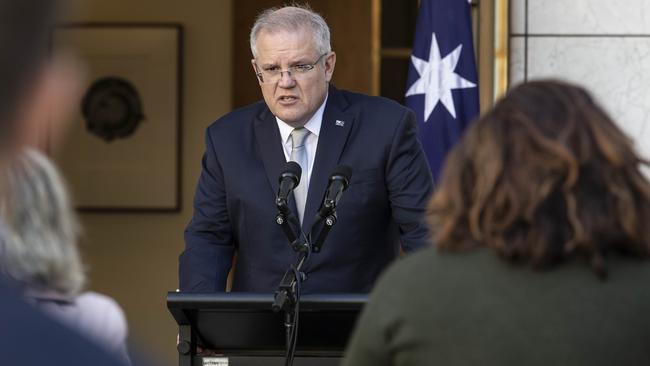
We won’t know whether those decisions were the right or wrong ones for many months, possibly years. And even then the likelihood is that experts, commentators and the public will continue to disagree on the finer details. But one thing was abundantly clear today: Morrison is projecting the energy a Prime Minister should, with the time Australians need. Even critics of his decision-making would have to concede that after today’s performance.
Apart from the occasion terse response to a question he didn’t like from the assembled media, Morrison did well with his messaging. And much of the content was uncontroversially easy to applaud.
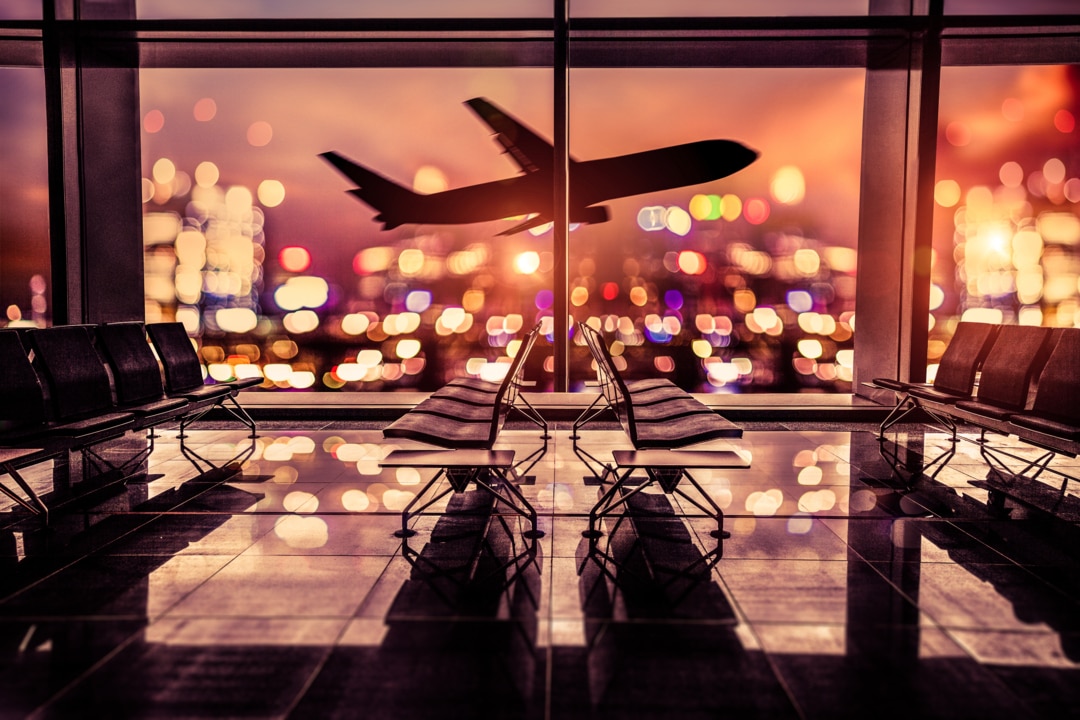
The enacting of the biosecurity emergency powers was a no-brainer. Clearing 20,000 student nurses from abroad but currently already here to help ease the burden on our domestic workforce was clever and precise. The security measures surrounding aged care facilities was spot on, and yet delivered with a compassion for those both in care, and loved ones needing access. This showed an empathy Morrison sometimes struggles to deliver.
We know the virus hits the elderly more than the rest of us, making this part of his briefing the most significant policy aspect announced.
The PM knew he had to shut down international travel, and he did so. But cognisant of the impact doing so would have on the aviation industry he was quick to point out that there is little evidence at this point in time that domestic flights are increasing transmissions. So domestic travel was all but encouraged. That might change, of course.
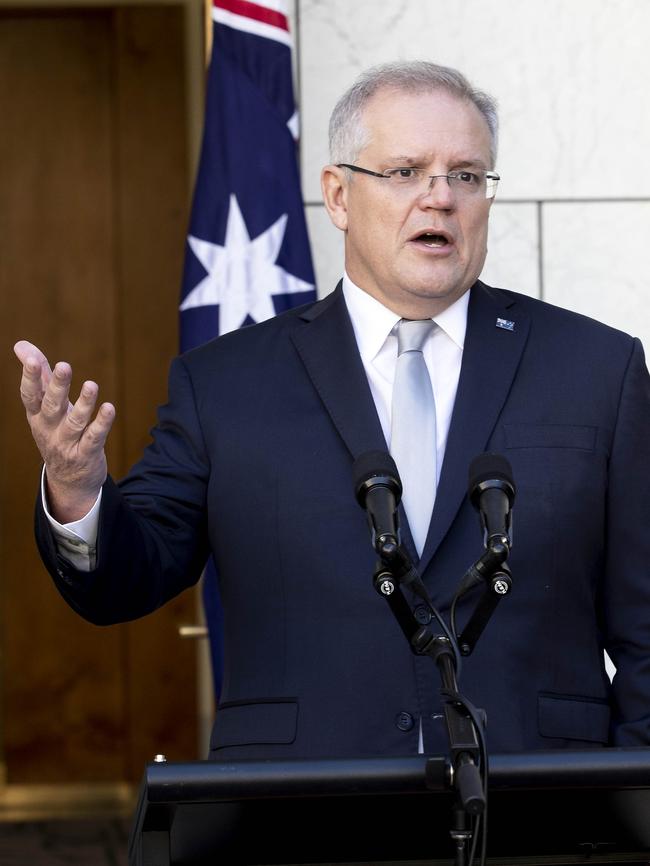
Cutting mass gatherings allowable back to 100 not 500, for indoor events, was prudent. It is one of the so-called “scalable” decisions taken which can be adjusted as the need arises.
Some experts think the PM needed to go further with containment measures to stop or slow the spread of the virus, and that may well be the case. But at this point in time – rightly or wrongly – he spelt out that what was announced is a balance between containing the virus and not destroying the economy, with the many flow on effects that might have.
Morrison spoke of another stimulus package, but we need to wait for the details before making any assessments on that front. The first one won’t even take effect until next month.
The most contentious part of the PM’s raft of announcements was that public schools would remain open. He said that the decision to do so was purely based on health advice. That, however, seems unlikely, even if the decision is the right one.
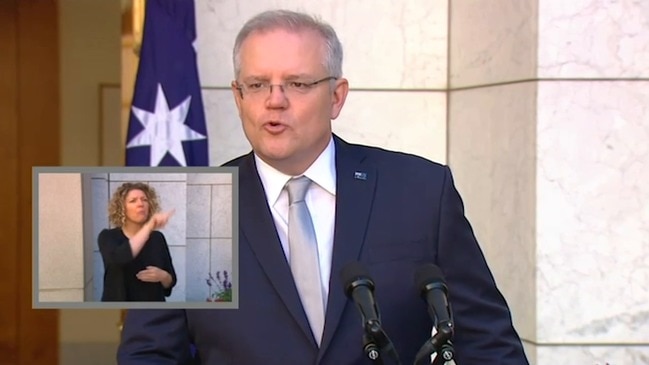
Shutting schools (or not) is a wicked problem. Do so and the flow on impact on society is huge, and the law of unintended consequences could kick into action, and not for good reasons. But fail to shut them down – remembering that the door to doing so down the track has been left ajar – and they risk spreading the virus. We know keeping good social distance between children is nigh impossible. There are plenty of health professionals not on the government’s payroll who are making that point and more in opposition to keeping schools open.
The logistic challenge of shutting all public schools is far greater than it is for some non-government schools. For a start, private schools often have more wealthy parents, and therefore fewer needs for grandparents to help with childcare when kids are off school. They also have more up to date online capabilities, to transition to online learning and not simply send kids home with nothing to do. Public schools need a longer runway for such a shift in learning. And frontline workers who might need to stay at home with their children when not at school – nurses, emergency personnel and so on – disproportionately parent at public not private institutions.
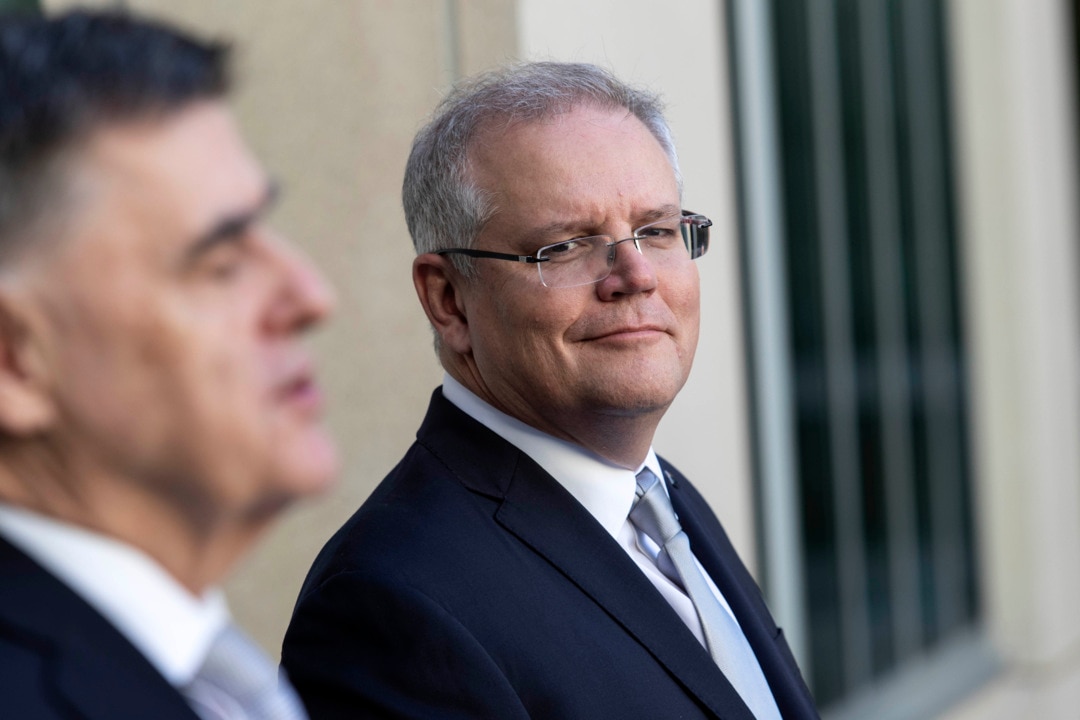
When I spoke to the health minister Greg Hunt just a matter of days ago, he indicated that a decision on shutting schools was very vexing to say the least – a close run thing to be sure, whichever way the government decided to go. That would have been his assessment courtesy of listening to all the advice. I also know state governments have been toying with the need to perhaps shut schools for days now. But the PM delivered the decision he did with a certainty that keeping them open was the only course that could be taken. That was a reassuring tone for nervous parents, and perhaps therefore what the times required. But it was also perhaps too simple to reflect what had been going on in discussions behind closed doors.
For example, ended indoor public gatherings of 100 and more but keeping schools open is an interesting double act. And requiring social distancing of 1.5m between people but telling classrooms continue teaching is also interesting. Not ceasing playground time also presents challenges given no handshakes are in vogue.
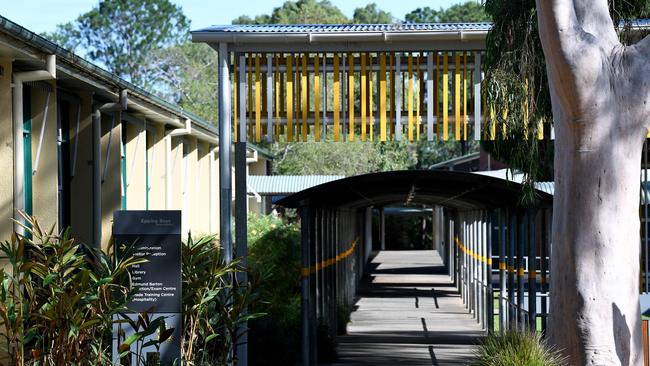
Morrison also suggested that keeping schools open puts us on the same page as Singapore – one of the nations regarded to be handling the virus best. However, the comparison is a distorted one. Firstly, Singaporean students have been on holidays at different times to us, making the decision to keep schools open in the short term an easier one to make. Secondly and more importantly from a health perspective, all Singaporean schools use daily temperature checks on the student and teaching bodies, we do not. And Singapore has widespread community testing of the virus – our testing access is spotty at best.
These differences could be what makes or breaks a decision to keep schools open, but it will be a long time before we can be sure if the PM is doing the right thing or not. What we can now say is that he is projecting a competent and strong image to stand behind the decisions he is taking, and that is an important component of political leadership.
Australians do need to be aware that while it is reasonable for decisions to change over time, there has been plenty of quick movement in terms of decision making by this government. Some of it prudent and necessary as events unfold. Some of it scrambling having made the wrong decision in the first place, correcting mistakes. More of the former and less of the latter would be welcomed by all of us as the impact of this crisis digs deeper.
Peter van Onselen is political editor for Network 10 and professor of politics and public policy at the University of Western Australia and Griffith University




Scott Morrison sounded more prime ministerial today than at anytime over his previous 18 months in the top job. Inevitably that was partly because of the gravity of the situation the nation faces, dealing with the coronavirus. But it was also a clear product of how he handled himself at the podium. Indeed, a product of the energy and effort that has gone into the decisions he announced today.